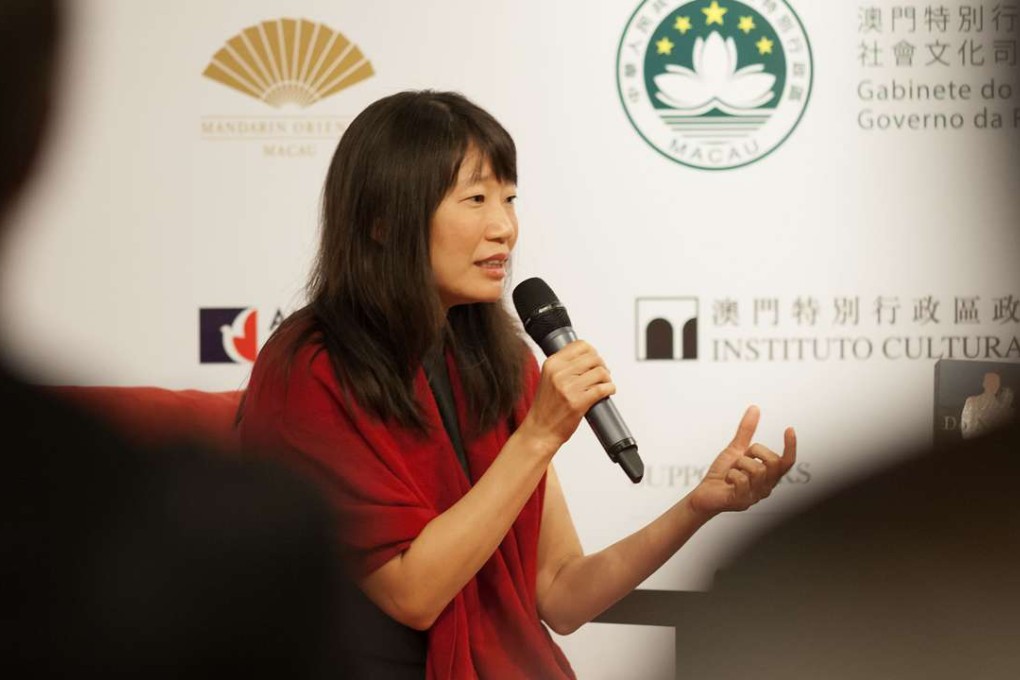Hong Kong in a period of change and danger, ex-city academic and writer Madeleine Thien warns
Everything’s on the table for city in this time of transition, says Chinese-Canadian author who taught in Hong Kong for five years and calls herself a reluctant commentator on Chinese affairs

Madeleine Thien stands at a small podium facing a long line of fans who are waiting for her to sign their books. It is midway through this month’s Macau Literary Festival and she has just finished a talk about her latest novel, Do Not Say We Have Nothing. Eventually, every book has been graciously signed and Thien, a slight, elegant figure, steps down from the stage with a smile.

Thien has, naturally, talked a lot about her book since it was shortlisted for the Man Booker prize as well as winning a host of other literary awards. Do Not Say We Have Nothing tells the story of several generations of a family of musicians adjusting to the havoc wreaked on their lives by the Cultural Revolution and Tiananmen Square.
Many of the questions she was asked in Macau concerned politics as much as prose. Given that the book is about two of the most highly charged periods in China’s recent history, Thien, a Canadian, is frequently seen as a commentator on China. It’s not a role she particularly welcomes.
“When the political questions come, it’s in my nature to answer as best I can, but there is a part of me that is wondering, ‘Should I sidestep the question?’” she says.
Whatever desires were expressed in Occupy, they haven’t gone away. They are there, and it’s very unpredictable how it’s going to manifest
She answers them because she feels deeply connected to China and cares about the country, she explains. “I have never seen China and Canada – the different parts of myself – as two actual sides or poles,” she says. “They’ve always been overlaid one on top of the other. They’re always part of the same fabric.”